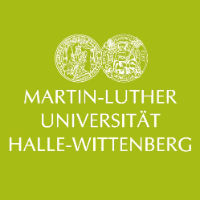1区 · 医学
Article
作者: Sun, Ping ; Robaa, Dina ; Ilment, Nikita ; Cheng, Alfred Sze-Lok ; Bülbül, Emre F. ; Ng, Billy Wai-Lung ; Schmidt, Matthias ; Sippl, Wolfgang ; Yang, Weiqin ; Schutkowski, Mike ; Erdmann, Frank ; Zessin, Matthes ; Khan, Khadija S. ; Romier, Christophe ; Wang, Jing
Histone deacetylases (HDACs) are epigenetic regulators and additionally control the activity of non-histone substrates. We recently demonstrated that inhibition of HDAC8 overexpressed in various of cancers reduces hepatocellular carcinoma tumorigenicity in a T cell-dependent manner. Here, we present alkylated hydrazide-based class I HDAC inhibitors in which the n-hexyl side chain attached to the hydrazide moiety shows HDAC8 selectivity in vitro. Analysis of the mode of inhibition of the most promising compound 7d against HDAC8 revealed a substrate-competitive binding mode. 7d marked induced acetylation of the HDAC8 substrates H3K27 and SMC3 but not tubulin in CD4+ T lymphocytes, and significantly upregulated gene expressions for memory and effector functions. Furthermore, intraperitoneal injection of 7d (10 mg/kg) in C57BL/6 mice increased interleukin-2 expression in CD4+ T cells and CD8+ T cell proportion with no apparent toxicity. This study expands a novel chemotype of HDAC8 inhibitors with T cell modulatory properties for future therapeutic applications.







